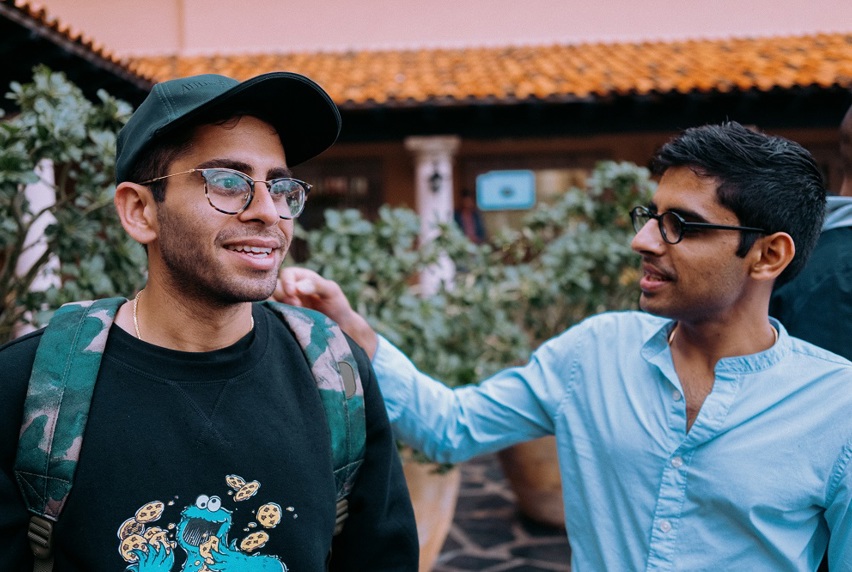Hey - R U OK?

R U OK? Day - fast becoming our very recognised national day of action. A day dedicated to reaching out and reminding everyone that every day is the day to ask, ‘Are you OK?’ and support those struggling with life's ups and downs.
Last year was a challenging one for the world and circumstances have made it even more important for us all to stay connected. As we start to get back to a level of normalcy, there's no doubt that some us may struggle with this additional change as well. By starting a conversation and commenting on the changes you’ve noticed, you could help that family member, friend, class mate or workmate open up.
If they say they are not ok, you can follow some simple conversation steps to show them they’re supported and help them find strategies to better manage the load. If they are ok, that person will know you’re someone who cares enough to ask.
A conversation could change a life
R U OK? has developed conversation steps to help you navigate a conversation with someone you're worried about. These simple steps could change a life.
Trust the signs and ask R U OK?
If you feel like something is not quite the same with someone you know – there’s something going on in their life, or you notice a change in what they’re doing or saying – trust your instinct and take the time to ask them “Are you OK?”
By acting as ‘eyes and ears’ and reaching out to anyone who's going through a tough time we can show them they’re supported and encourage them to access help sooner.
Resources
Asking isn’t always easy but early-intervention and open communication can reduce stigma, break down barriers and build trust which in turn promotes long-term, positive behavioural change that saves lives now and into the future
To help you better prepare for a conversation, the marvelous folks at ‘R U OK?’ have created some useful resources here:
There are also many ‘every day’ resources available on their website.
Useful contacts for someone who’s not OK
Your workplace or school may have dedicated counselors that can help with issues you may be having in these areas and tips that may be specific to managing your time and head space there.
You can reach out to one of the many national help lines available who have professional counselors at hand to help out.
If you are concerned for your safety or the safety of others, you can seek immediate assistance by calling Triple Zero (000).
It’s often the small gestures of kindness and understanding that often have the biggest impact.
Image: @nonresident